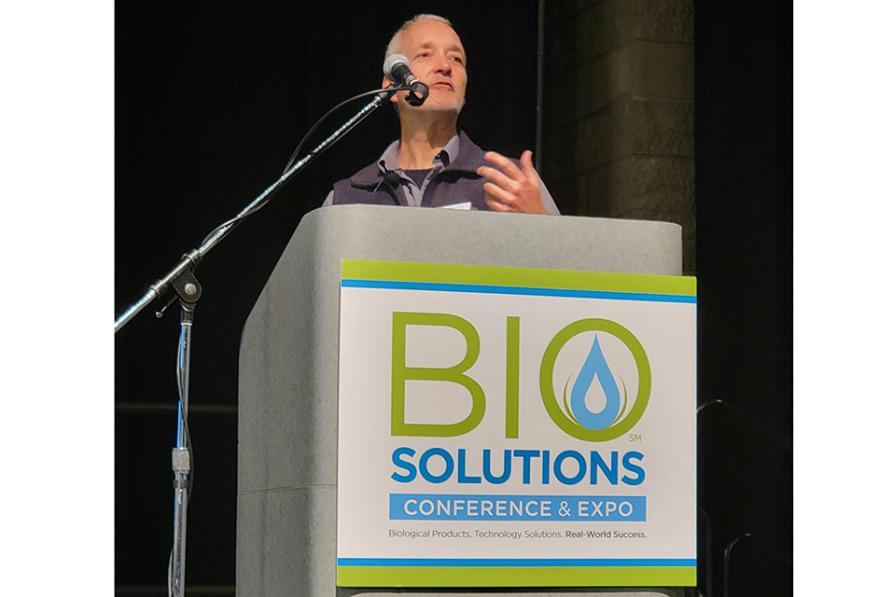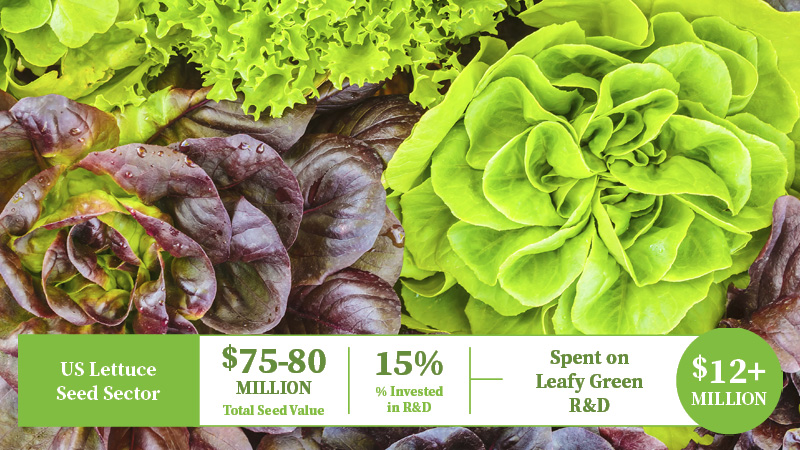Penn State University Appoints New Fruit Pathologist
Pennsylvania has a strong tree-fruit industry and produces the fourth largest apple crop in the U.S. An important yield like the one the state produces — valued at more than $133 million last year — requires research to ensure pests and diseases cannot affect the industry too much.
Helping growers manage these diseases and minimize associated costs is the job of tree-fruit pathologist Kari Peter, who began work in Penn State’s College of Agricultural Sciences on March 1. With a faculty appointment in the Department of Plant Pathology and Environmental Microbiology, she will be stationed at the college’s Fruit Research and Extension Center in Biglerville, PA, in the heart of the state’s primary fruit-producing region.
Peter will serve tree-fruit growers in Pennsylvania and Maryland through the Mid-Atlantic Fruit Consortium, a collaboration that enables Penn State, the University of Maryland, and West Virginia University to share resources and expertise. Results of her applied research will be disseminated through a robust Extension education program.
“The biggest issue facing fruit growers is managing pathogen resistance to chemical controls,” Peter said. “The pathogens are smarter than we are, and growers have trouble staying one step ahead.”
One of her first priorities will be to develop tools for rapid diagnosis of resistance to allow growers to respond to problems during the growing season, rather than having to make adjustments to disease-management practices over the winter when it’s too late to avoid losses to the previous crop.
“We hope to develop tools in the next couple of years to quickly evaluate a range of pathogens, whether bacterial or fungal,” she said.
Peter also will address the connections between pre- and postharvest diseases, which affect what happens to apples and other fruit during storage — an area that has not been a recent focus of Penn State’s fruit pathology program.
“Helping growers manage late-season diseases before harvest can help maintain postharvest fruit quality, which is especially important in light of growing demand for locally grown, fresh-market produce,” she explained.
Peter’s hiring fills a gap in fruit pathology research and Extension caused by faculty retirements and departures, according to Fred Gildow, head of the Department of Plant Pathology and Environmental Microbiology.
“Dr. Peter has the broad training and background necessary to address current fruit-disease concerns, as well as emerging disease problems that could arise from new invasive species or from climate change,” he said. “The rising interest in organic agriculture and local, fresh-market sales with minimal chemical disease management also has resulted in new problems to solve through research.”
Gildow noted that Pennsylvania fruit growers depend on Penn State for the latest plant-disease and insect pest-management recommendations to keep their farms economically viable and competitive. “Dr. Peter’s research is directly relevant to developing these management recommendations,” he said.
“My Master Gardener experience and the interaction I’ve had with growers in my previous positions will allow me to develop a holistic research and Extension program that will help growers address all major fruit pathogens,” Peter said.









